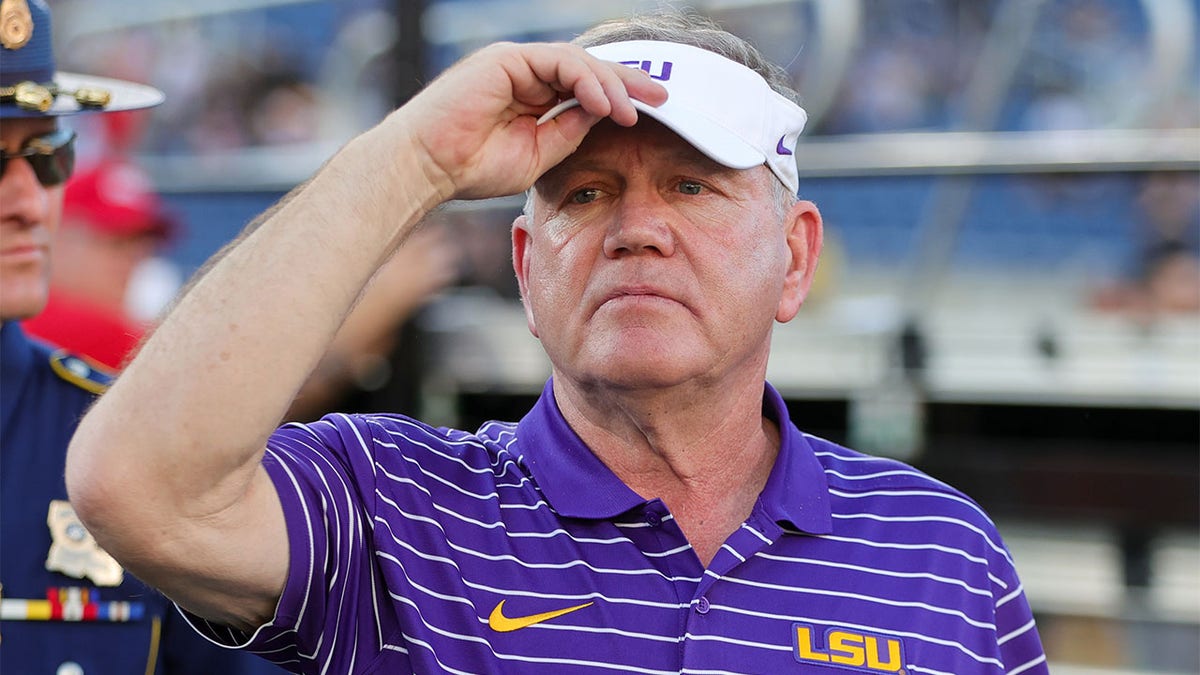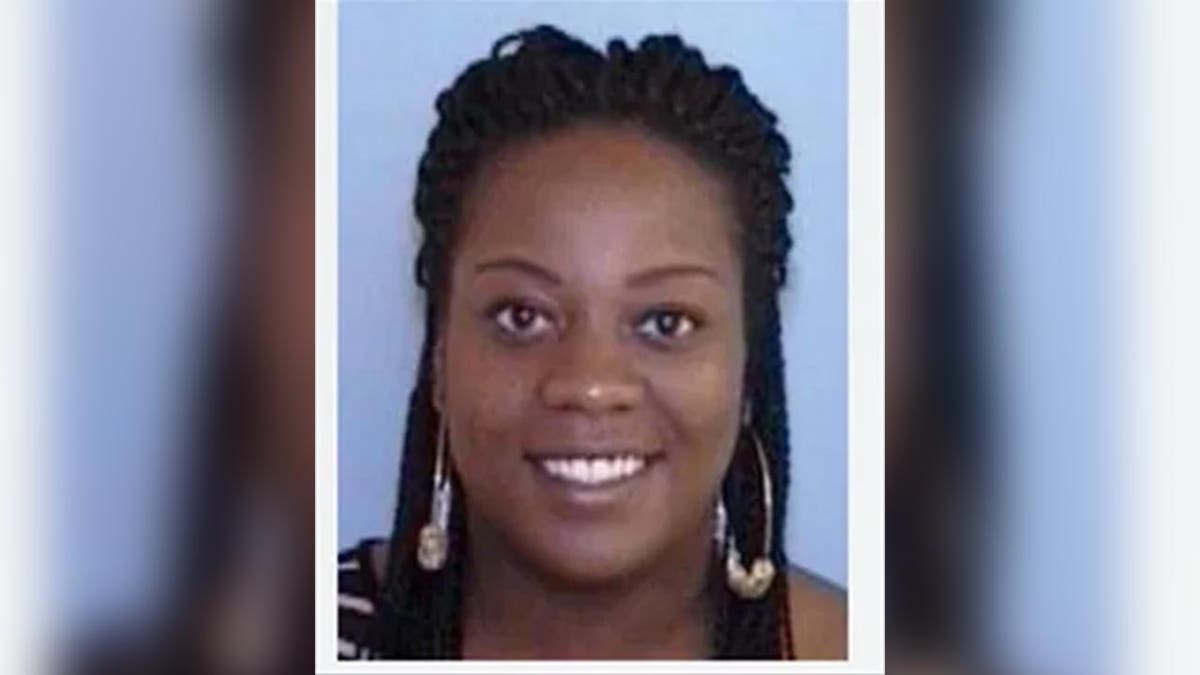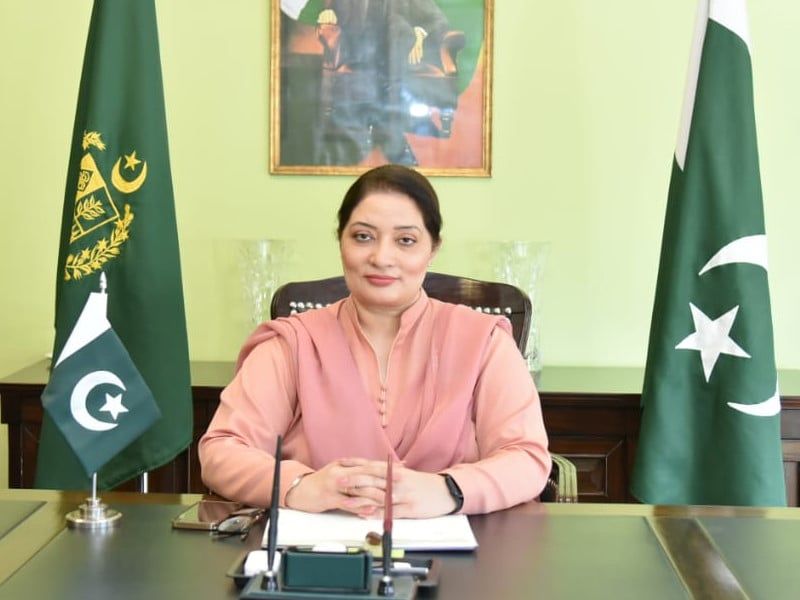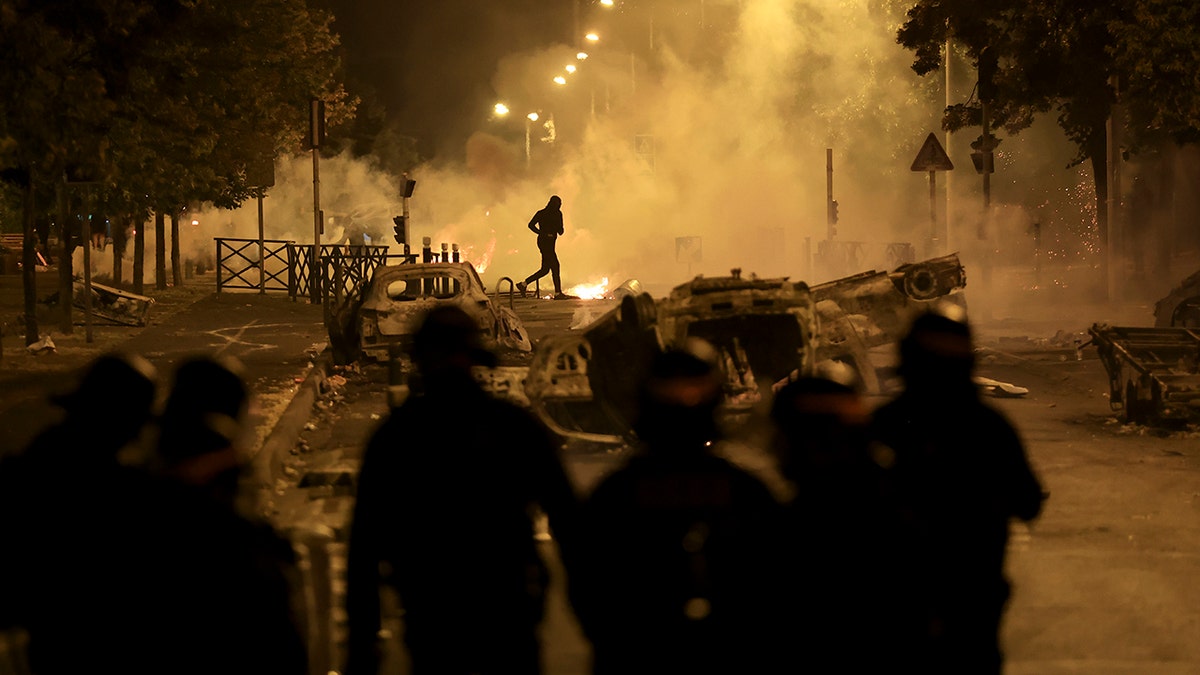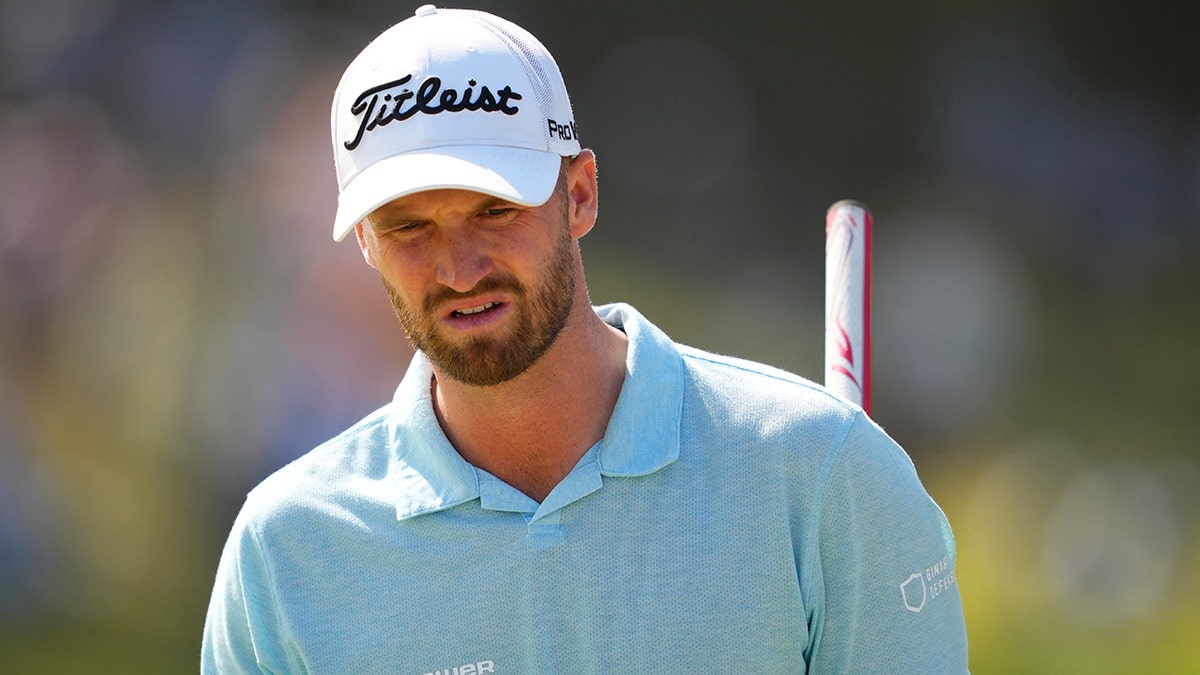The Republican National Committee (RNC) has initiated legal action against several states, including California, aiming to halt the counting of mail-in ballots received after Election Day. California's extended vote-counting process, sometimes stretching nearly a month, has drawn criticism, with the RNC Chairman Michael Whatley calling it "absurd" on X (formerly Twitter).
Whatley emphasized the RNC's commitment to challenging post-Election Day ballot acceptance nationwide. In California, Republicans, along with legal counsel and observers, are actively involved in the voting, ballot curing, and counting processes. A collaborative effort involving the RNC, the National Republican Congressional Committee, and Elon Musk's political action committee has launched a statewide ballot curing initiative.
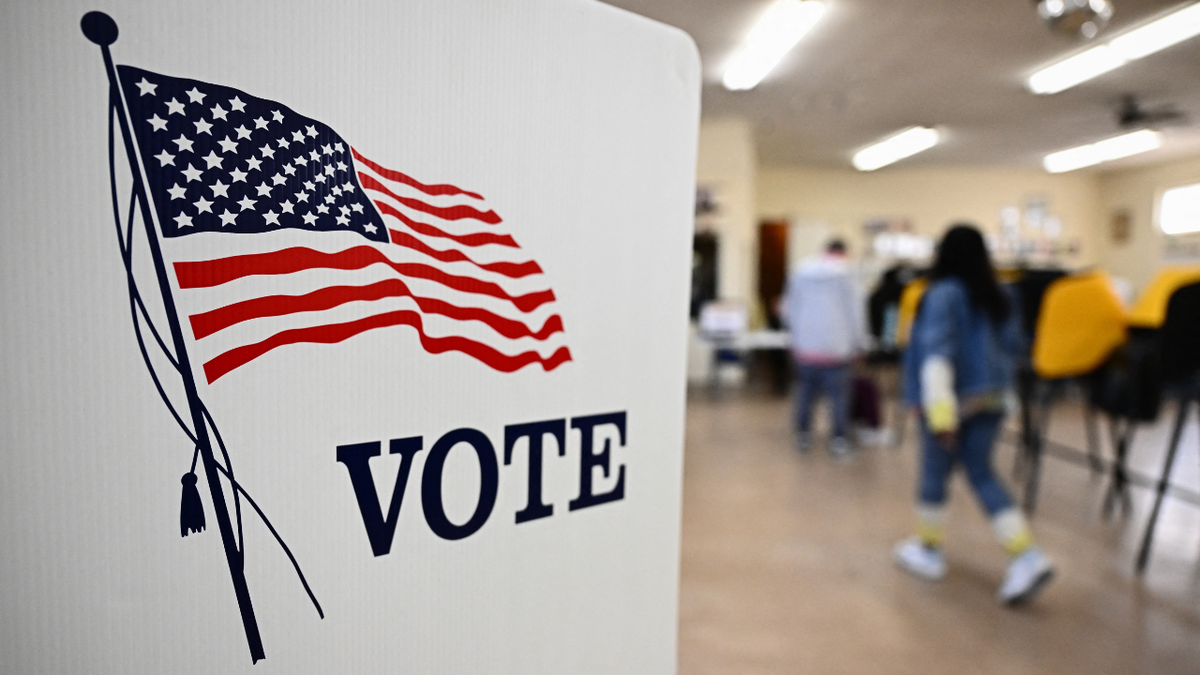
The high volume of mail-in ballots, preferred by a significant majority of Californians (nearly 90% in 2022), contributes to the prolonged counting period. State law allows ballots postmarked by Election Day and received within a week to be counted. The verification process for these ballots further extends the timeline, with the final certification deadline set for December 16th.
Several California races remain undecided, including the 13th Congressional District contest between Republican incumbent John Duarte and Democratic challenger Adam Gray.
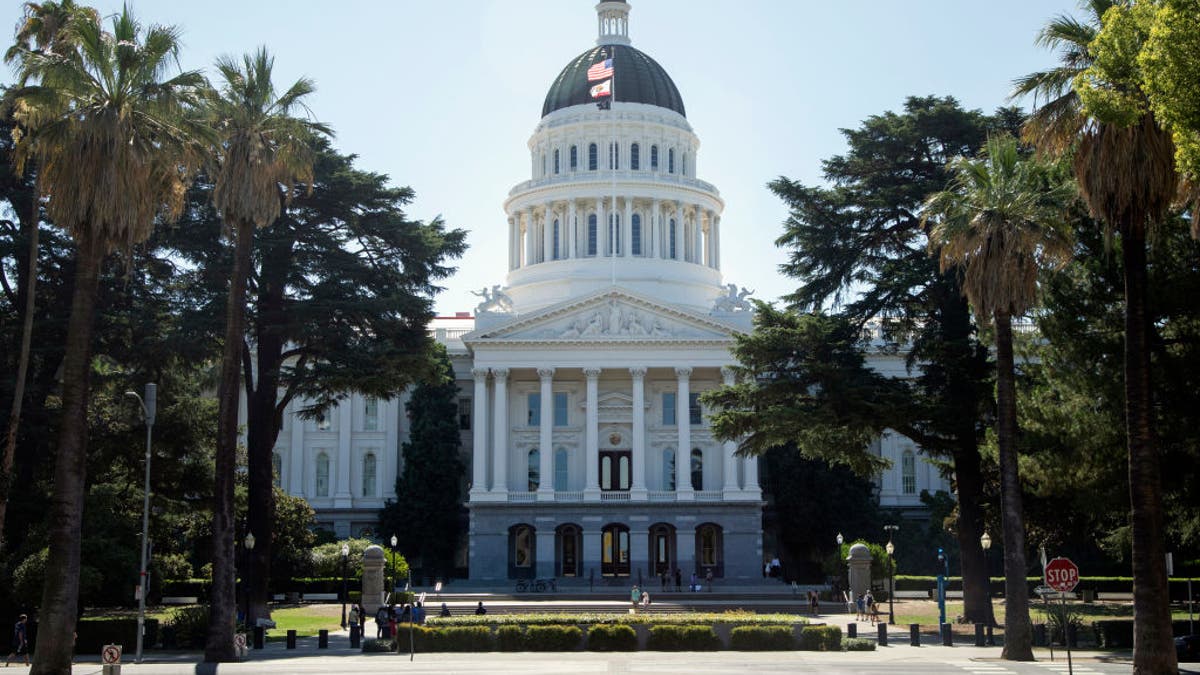
Whatley underscored the importance of every vote and the RNC's dedication to election integrity, advocating for reforms in California. Governor Gavin Newsom has enacted legislation expanding mail-in voting, including a 2021 law (AB 37) requiring all active registered voters to automatically receive absentee ballots. Subsequent laws in 2023 mandated curbside voting options and allowed mail-in ballot drop-off at polling stations for immediate counting.
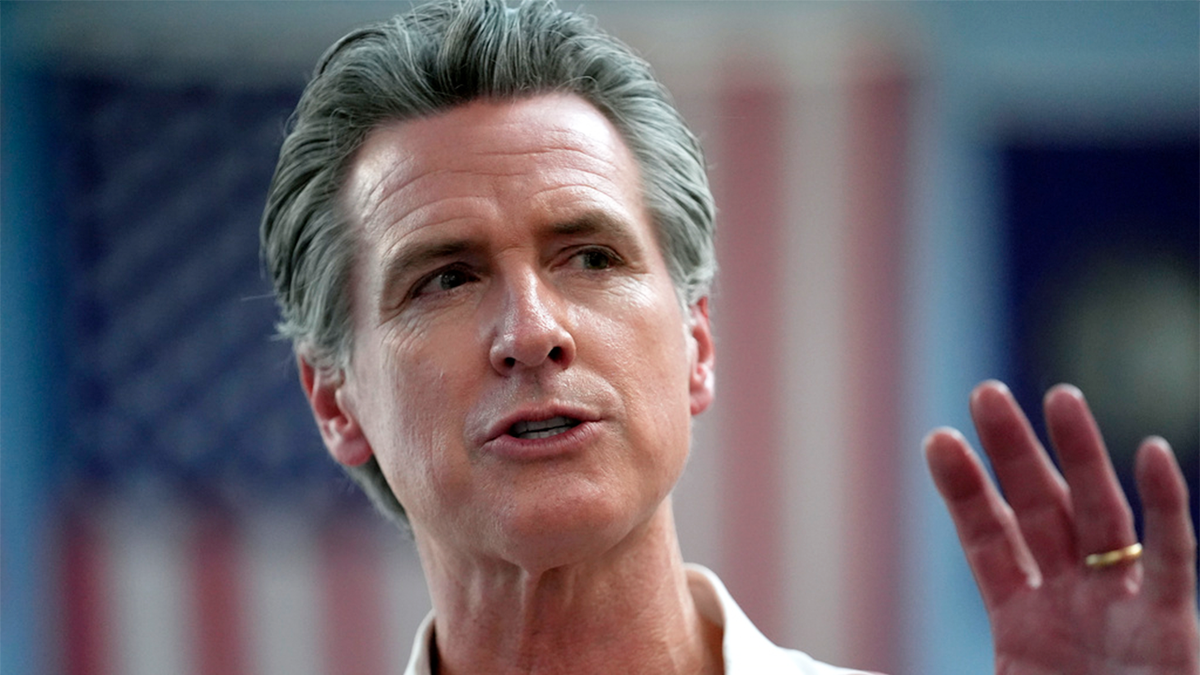
California is among the states that do not require voter ID at polling places. A local voter ID requirement in Huntington Beach was countered by state legislation prohibiting such local measures. Republican concerns regarding extended vote counts have grown this election cycle, notably in states like Pennsylvania and North Carolina. Former President Trump has also weighed in on California's voter ID laws, advocating for proof of citizenship and voter ID requirements. Governor Newsom, in response, has called a special legislative session to address these issues and protect the state's existing laws and values.


